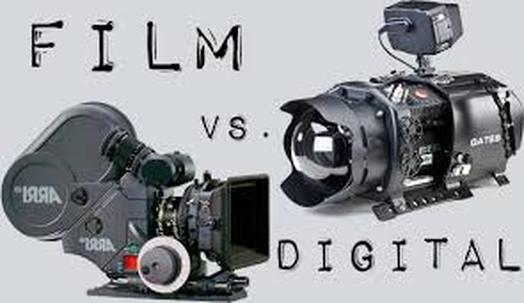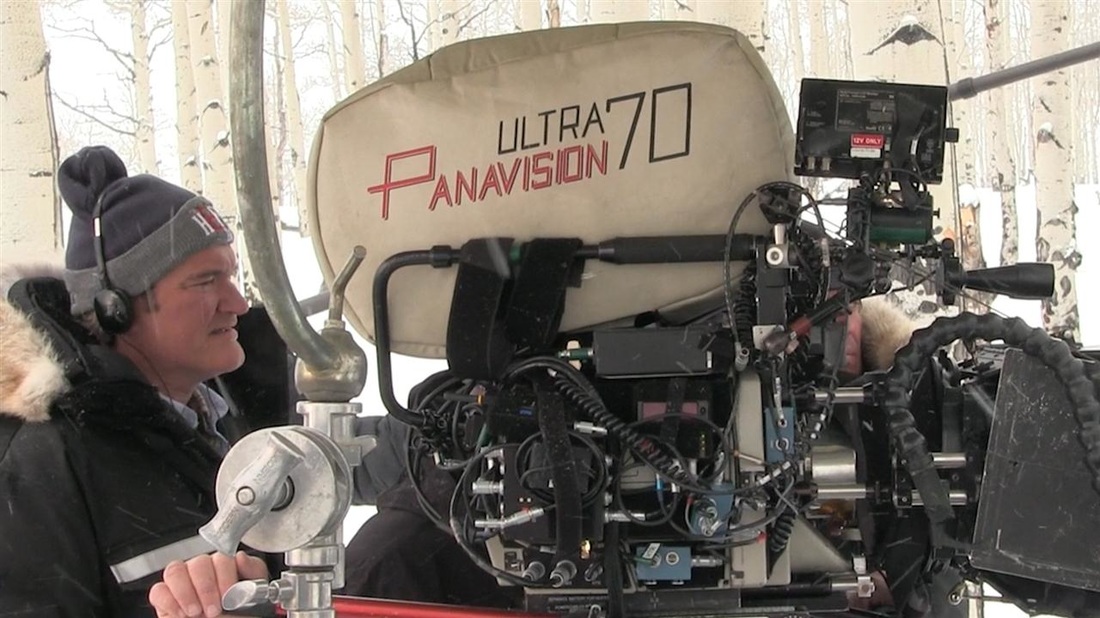There are always bumps in the beginning, for anything. This was certainly the case for film. There was much trial and error before filmmakers became comfortable using the new digital technology to their advantage. It wasn’t until the string of success with low budget features hitting it big at the box office when many production companies realized they could cut costs while retaining the same quality from film. There were, however, some who disagreed. Filmmakers like Christopher Nolan, Quentin Tarantino and Terrance Malick pushed back against switching to digital. Shooting on film can offer something for directors and cinematographers that digital do not. Either it’s a cleaner image or crisper colors, but many argue that there is a discipline that comes with film, one they prefer to have over working with digital cameras. That discipline is the care and caution that comes from using film. Making sure the exposure on the film is perfect because you only get one chance is a fantastic motivator to give each shot your best effort. That does not mean film has an advantage over digital. Many cinematographers still prefer to shoot digitally due to the security and sensibility of doing so. As long as you have a battery and a memory card you can film on a digital camera. Then it is simple to transfer your files charge your batteries and be ready for another day on set. Digital can be an effective choice and in the early 2000’s many young filmmakers made it theirs. It started with indie and horror films. The Blair Witch Project (Myrick, Sanchez, 1999) was the first digital film to break box office records when it grossed over $140 million on a budget of less than $65,000. After this, almost every horror film began to shoot on digital cameras, and many more quickly followed.
There is no winner or looser, one is not better than the other. At the end of the day, though, when you go to the theater to see a movie, more often than not it will be shown on a digital projector. We live in a digital age and the future holds great progress that is still to be made.




 RSS Feed
RSS Feed
